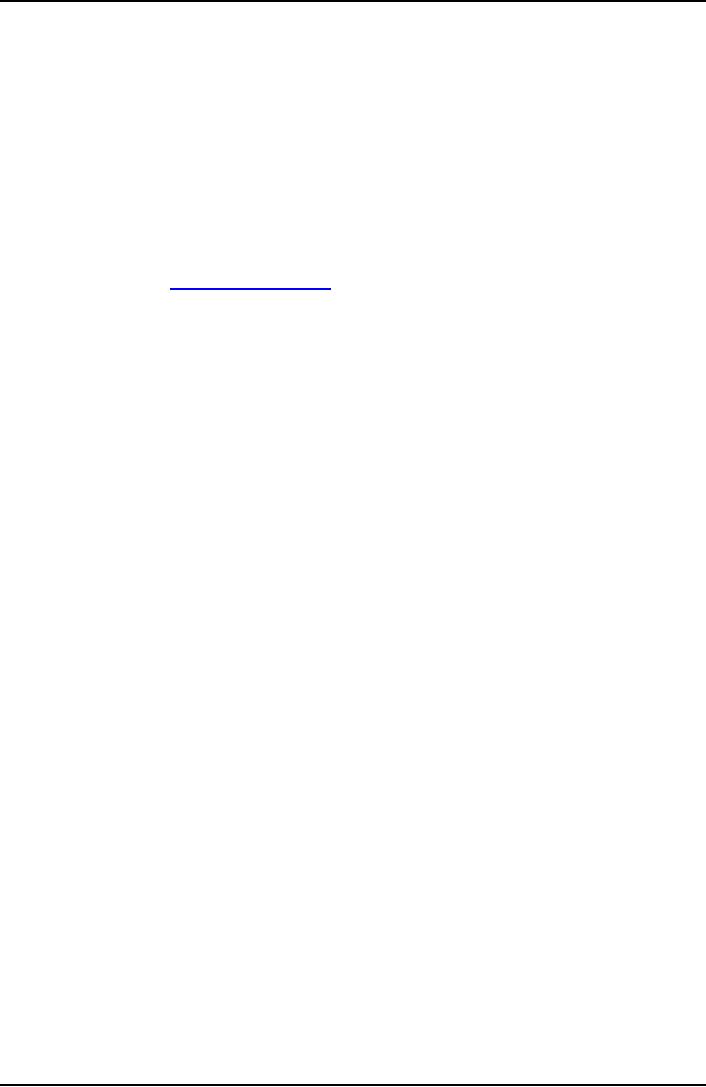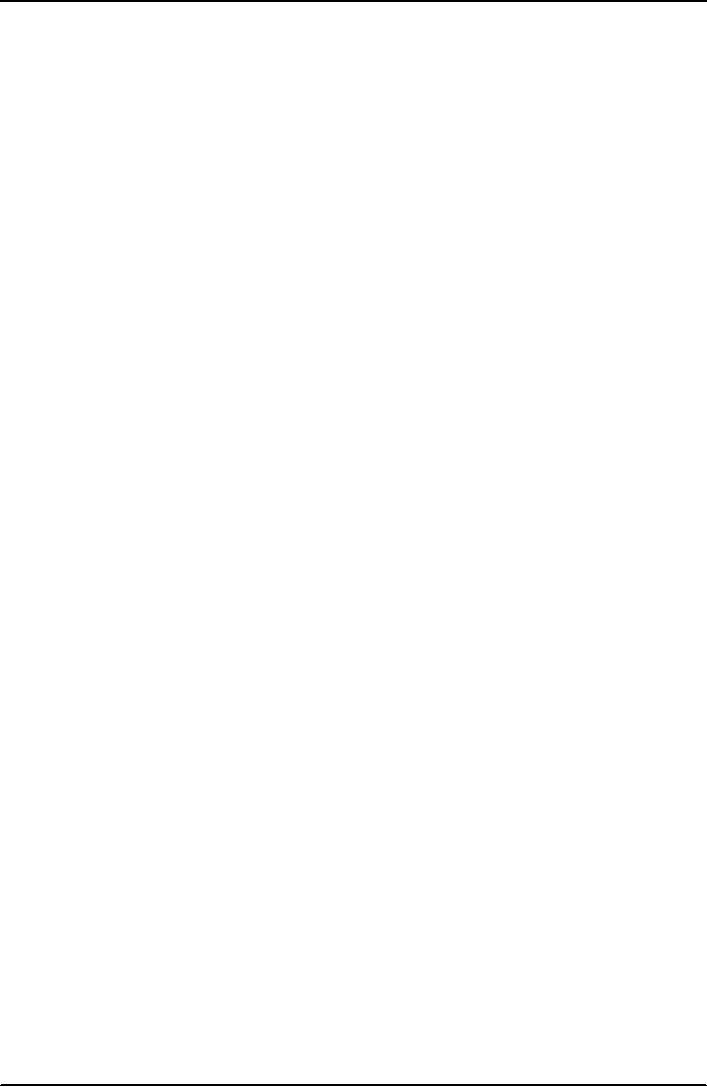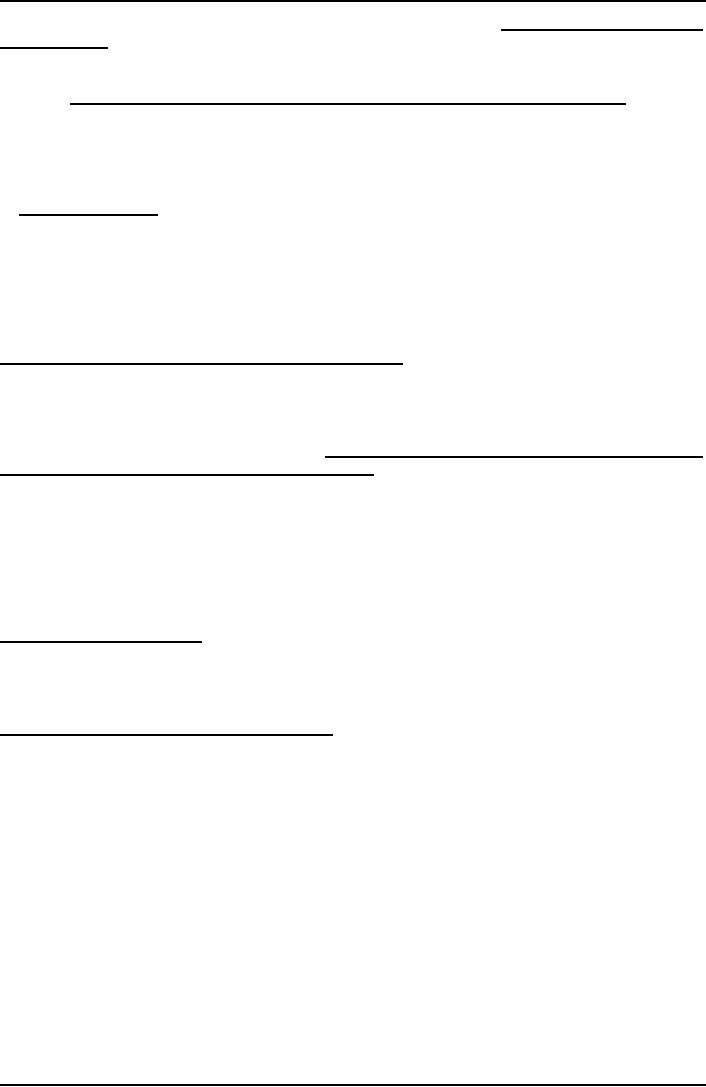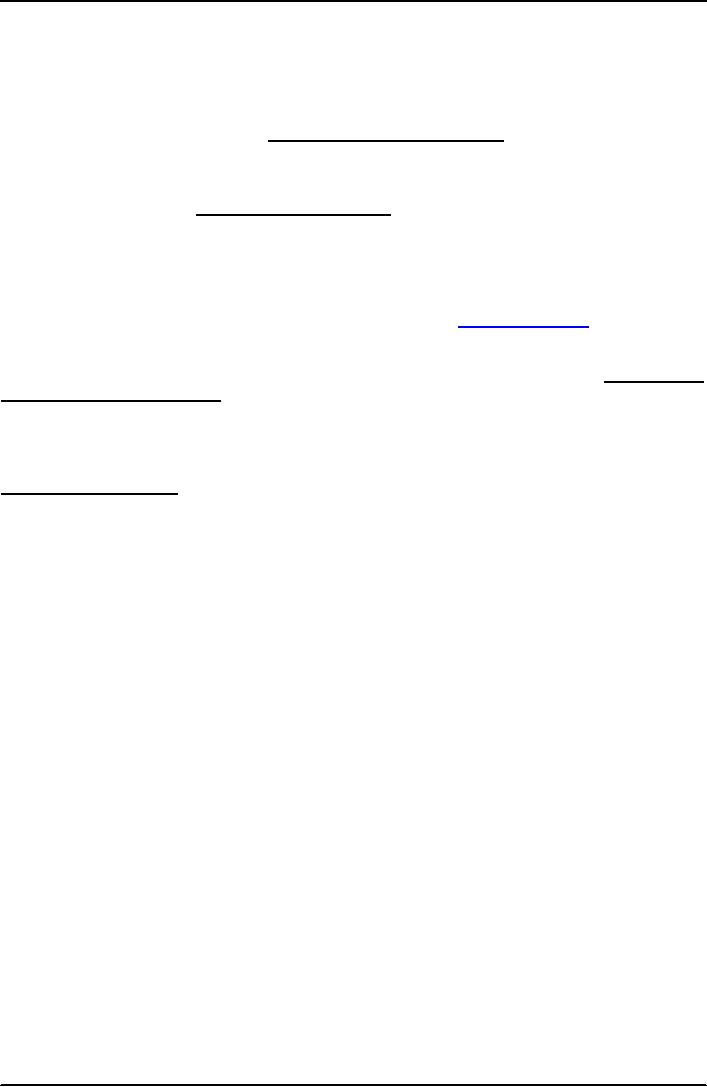 |
THE CONSTITUTION OF PAKISTAN, PARTS I & II:Changing the Constitution |
| << THE CONSTITUTION OF PAKISTAN, PARTS I & II |
| THE POLITICAL SYSTEM OF PAKISTAN:Senate Polls: Secrecy Breeds Distortion >> |

Globalization
of Media MCM404
VU
Lesson
9
THE
CONSTITUTION OF PAKISTAN, PARTS I &
II
Note:
In this handout for students, the
text of two short essays
originally written in 1999
and published in
book
form along with other essays
in 2001 are being provided in
order to define the contemporary
and
contextual
framework which immediately preceded the
change of government in October
1999.
This
handout contains proposals
made in 1999 for specific
amendments to the Constitution some of
which
were
actually given effect through the LFO
2002 and the 17th Amendment 2003 but
many of which still
remain
only in the form of proposals. By
reviewing these suggestions, students
will hopefully be able
to
formulate
their own opinions on the advisability of
the proposals e.g. the proposal to make
voting a
compulsory
duty for all adults
i.e. all citizens above 18
years of age.
The
text below has been
published in the book titled: "Storms and
Rainbows" by Javed Jabbar published
by
Summit
Media and Royal Book
Company, BG-5, Rex Centre,
Zebunnissa Street, Karachi 74400,
Tel:
5684244,
5653418, e-mail: royalbook@hotmail.com.
Changing
the Constitution
The
1973 Constitution in certain
respects is an admirable document. It
accurately reflects our
basic
aspirations
to be a federal, parliamentary democracy
in which the overwhelming majority of the people
are
Muslim.
Part II, the section on fundamental rights
and principles of policy, expresses
universal norms and
rights.
Yet, even in its original
form, the Constitution enabled
Prime Ministerial dictatorship. It deprived
the
Presidency
of even symbolic dignity. On the
other extreme, after arbitrary
amendments, the Constitution
gave
the Presidency a sword of Damocles to
hang over elected
assemblies. Both extremities
also weakened
the
judiciary.
Seen
over the years in which the
Constitution has endured,
its flaws have become
more apparent with
each
amendment
made to it. In an age that
demands optimal decentralization,
devolution and deconcentration of
power,
the Constitution has been
used to achieve the exact opposite.
Central executive authority in 1999
has
become
unbridled and rapacious. A
Rs. 400 billion scheme (the
new housing programme) can be
launched
without
being processed through the National
Economic Council, the constitutionally mandated
body under
Article
156.
The
physical and verbal attack on the
Supreme Court committed by the ruling
party in November 1997 was
a
perversely
appropriate expression of the way in
which the executive has
subverted the independence
and
sanctity
of the judiciary in both civilian and
martial law regimes.
The
Constitution has become the
slave of an elected group which,
with only 16 per cent of the
vote, becomes
a
two-third majority in the National
Assembly. The country lies
helpless in the clutches of an elected
coterie
and
its un-elected cabal.
With
the publication of its founding
manifesto in September 1998, the
Millat Party proposed 21
significant
Constitutional
reforms. The central aim of
these proposed reforms is to decentralise
power to the local
community
level and the provinces; strengthen
federalism; introduce proportional
representation; ensure
substantially
increased participation by women,
low-income groups, professional
specialists, and minorities
in
the
legislatures; restore the joint
electorate while guaranteeing
minimal representation for the
minorities;
guarantee
the autonomy of electronic media, the election
commission and the accountability
commission;
secure
the independence of the judiciary and give the
Senate financial powers.
In
this essay, this writer in a personal
capacity puts forward
suggestions for additional
amendments in order
to
facilitate public debate. In an era of
rapid and complex change we
are being governed by a
Constitution
that
has become outmoded and
mutilated. It does not reflect the critically
important needs that
have
emerged
in the past two
decades.
To
recommend a number of Constitutional
amendments and changes in
laws and rules is like
creating a wish-
list.
The question arises: how and
when can they be implementedand by
who? As history shows, time
and
circumstance
sometimes stimulate swift
and entirely unexpected
changes. The purpose of
specifying
30

Globalization
of Media MCM404
VU
amendments
is to stress their relevance
and urgency.
The
mechanisms and conditions by
which the
amendments
can actually be made is a
separate issue.
The
numbering of Constitutional amendments
is, in microcosm, an illustration of the
contradictions to which
the
document has been subjected.
Z.A. Bhutto's Government
(December 20, 1971-July 4,
1977) enacted
seven
amendments in less than four
years.
General
Ziaul Haq's misleadingly named
"eighth amendment" actually represents 69
amendments made in
1979,
1980, 1981 and largely in
March, 1985. The ninth
amendment bill (to make the
Qur'aan and Shariah
the
supreme law) never went beyond the
stage of a private member's
bill in the Senate. The
twelfth
amendment
(1991, to create special
courts for three years)
lapsed in 1994. The
fifteenth amendment (the
Shariah
Bill) has not yet
been taken up by the Senate.
The sixteenth amendment extending the job
quota
system
for a further four decades
was enforced in August
1999.
Thus,
depending on how the count is done, the
Constitution has already
been amended about 81 times
in 26
years.
As for how many times the
Constitution is violated, no count
can be kept because
violations occur
every
day at different locations,
most often by governments
themselves. Herewith a set of
proposals for
further
amendments to the Constitution and to
related statutes.
Non-partisan
caretakers: If we
are to avoid deepening the
present crisis, the provision
for a non-partisan
caretaker
government becomes the most immediate
priority. In a parliamentary system, the
government of
the
majority party elected in the previous polls
has the constitutional right to continue
in office, right up to
the
holding of the next elections
and transfer of power to the incoming
government, as in the case of the
United
Kingdom and India. However,
every country has its
own peculiar dynamics. In the historical
absence
from
our political field of the
norms of restraint and balance, an
incumbent government that is also
a
competitor
in the polls is unacceptable.
The
conduct of the Muslim League in the1990
caretaker government and in the Punjab
local bodies polls in
May
and December 1998, shows
conclusively that there is
absolutely no chance of holding
free and fair
elections
under a Muslim League government.
For
general purposes as well, in view of
our record of partisanship, it is
essential that a new
Constitutional
amendment
be made to appoint a truly neutral
caretaker government. The Bangladesh
model is worthy of
emulation.
Formulated in 1991 to facilitate the transition
from the ousted Government of
President Ershad
to
a new parliamentary system, the
Bangladesh model provides for a caretaker
government to be headed by
the
previous chief justice of the Supreme
Court and the appointment of
entirely non-political individuals
to
cabinet
office. The provision has
already been successfully applied in
two elections.
Compulsory
enrolment in voters' lists, compulsory
attendance at polling stations and
compulsory
voting:
Through
this provision alone does
democracy become a genuinely
representative process for
all adult
citizens
of a country. This measure
has been implemented with
success in countries as diverse as
Greece,
Belgium,
Singapore and Australia. Those
who do not vote in
Singapore, for example, pay
a fine of about US$
50.
Turnout is about 95 per cent
plus.
This
measure would increase
three-fold the turn-out of voters in the
1997 elections which was as
low as 37
per
cent, and in which the
Muslim League obtained only 16 per
cent and acquired a
misleadingly bogus
"heavy
mandate." To accommodate all voters,
polling could be staggered over
different days as happens
in
several
countries. Compulsory voting is also an
apt expression of good citizenship
because it is the duty of
every
citizen to make a practical contribution
to the country's political process and
progress.
We
have a Parliament without meaningful
participation. The leadership
treats the legislature as an
occasional
convenience
to be visited only on occasions such as
budget day or when a bill
has a particular personal or
party
interest to it. There is a need to
introduce a set of checks
and balances that will
also serve as indicators
of
parliamentary participation and
performance.
31

Globalization
of Media MCM404
VU
Amendments
to ensure accountability of the ruling party should
include: A
weekly "Prime Minister's
Question
Hour" to
guarantee that the chief executive of the
government will be personally present in
both
houses
of Parliament at least once
every week for at least 60
minutes to directly answer questions
put to him
alone
by the leader of the opposition. As in
several Central American and Latin
American countries, there
should
be prior
approval by Parliament of planned
overseas visits by the Prime
Minister in
order to
drastically
curtail the large number of ceremonial,
non-productive overseas junkets.
Majority parties held
captive
by leaderships are liable to rubber-stamp
anything they are commanded to
do. But just the
increased
exposure
of plans and objectives of
overseas visits will help
discourage frivolous and
wasteful travel.
In
most sittings, of Parliament
even a ruling party like the
present one with a two-third
majority has
difficulty
in
ensuring
a quorum. To
avoid such ills, an amendment should be
made to ensure that if an
elected
representative
misses three consecutive
sittings of a session other
than for serious health
reasons, he should
be
liable for a heavy fine
and/or suspension of membership
and/or termination of membership. Instead
of
termination
of membership leading to a by-election in
which the same ousted member
may be re-elected, a
strong
disincentive can be introduced to the effect
that, after a fine and
termination of the sitting
member's
membership,
the candidate who secured the
second highest votes in the
constituency will automatically be
given
the seat, in place of the original
winner who has not
shown interest in regular
attendance of the House.
Live
uninterrupted, uncensored telecast and
broadcast of all
the proceedings of both Houses
of
Parliament
and Provincial legislatures on
separate and exclusive radio
and TV channels. The people
can
monitor
the level and quality of participation by
their representatives. The
volume of public knowledge
and
discourse
on political and development issues
will be expanded.
Publication
and broadcast by the media on
a
monthly/quarterly basis of the
attendance and
participation
record of all members of Parliament
in a
manner similar to the way in
which the
performance
of players in different sports
and in different aspects of
each sport is tabulated and published
on
the
sports pages of
newspapers.
End
the system of counting the weekend
holidays of Saturday and
Sunday occurring during a session of
either
House
of Parliament as "working days" in
order to increase the number of actual
working days of the
legislatures.
Currently, a significant percentage of the
total working days of
Parliament is actually
non-working
holidays
misleadingly counted as "working
days".
A
minimal educational level be required
for election to Parliament
notwithstanding the fact that
merely
obtaining
a degree is not a guarantee of knowledge
or competence but because a
degree at least becomes
an
additional
requirement for election. This would
promote the value of educational
qualification in the political
sphere.
A
six-monthly public notification of
the income,
assets and liabilities of the
members of legislatures along
with
similar details of all their
family members so as to curb tendencies
towards corruption.
A
directly elected Senate: An
equal number of directly elected senators
from all four provinces
would
greatly
strengthen the principle of federalism
and redress the weakness of an
indirectly elected
forum
representing
the federal principle. The relative
disadvantage to which the more populous
Punjab would be
subjected
could, as at present, be rectified by the
members of the National Assembly being
elected on the
basis
of population.
Simultaneous
elections: Elections to
all legislatures, including the
Senate, should be held simultaneously
to
end
the anomaly by which the timing of
elections to one-third of the Senate
seats which become vacant
every
three
years are held with
general elections. Simultaneous
polls are held in the United
States for all
federal
legislatures.
Performance
audit: Perhaps
the most innovative amendment required to
the existing Constitution is to
create
a mechanism that serves as a
12-monthly "performance audit" of the
Federal government and the
four
Provincial
governments. Traditionally, the passage
of the annual budget is supposed to serve
as a periodic
test
but the budget is a bull-dozer of numbers
alone. A new and more
precisely focused check and
balance
has
become vitally necessary.
Such an audit should be independent of the
majority factor. The
present
32

Globalization
of Media MCM404
VU
Government
has used its heavy
mandate as a blank cheque
issued by the voters to impose
unconstitutional
and
undemocratic injustices upon the
nation. It has created a
dangerous precedent that should
never be
repeated.
If a government fails the proposed audit
process twice, it should automatically be
subject to
removal
from office.
One
of the ways to conduct a performance
audit of a government could be the adoption of an
objectively
formulated,
mathematically calculated "Government
Performance Index"
(GPI) on the lines of the
internationally
acknowledged Human Development
Index (HDI) and other
similar indices.
An
interesting new model was created
recently by the Mahbub ul Haq
Centre for Human Development
in
Islamabad
with the name of: "Humane
Governance Index."
(HGI) Details are available in the
1999 report
of
the centre on the subject of "The
Crisis of Governance."
Viewed
through three dimensions of
economic, political and civic
governance, the HGI uses 17
indicators
ranging
from fiscal management to
corruption of enforcement of law and
order to freedom of expression to
respect
for rule of law. Of 58 countries
analysed, Pakistan ranks
near the bottom at 54. The
website of the
Mahbub
ul Haq Human Development
Centre in Islamabad is: www.un.org.pk/hdc,
e-mail address:
kh@hdc.isb.sdnpk.org.
Parallel
to a mechanism within the Constitution,
an attempt should be made to establish
a
civil society
mechanism
outside Parliament to maintain a
rigorous scrutiny of government and
Parliament, a scrutiny
that
is also independent of the media. The
close association of proprietors of
certain media,
including
newspapers
and private radio/TV with
the ruling party, distorts the
independence and credibility of the
media
and
reduces the capacity of media to
serve as a non-partisan watch-dog over
Parliament and government.
A
new coalition of forces is
needed in Pakistan today, a coming
together of sectors, segments and
spheres
across
conventional divisions. We require a new alignment of
cadres, classes and
communities to recognize
that
the grave perils which face
our country demand a
matching response of will
and vision, of a commitment
to
democracy that transcends the
stunted Constitution with
which we muddle on. Substantive
and
comprehensive
amendments have become an
inescapable imperative to ensure our
survival and development
as
a progressive nation
State.
33
Table of Contents:
- THE UNIQUE NATURE OF THE PAKISTANI NATION-STATE
- “PAKISTAN: THE FIRST 11 YEARS 1947-1958” PART 1
- “PAKISTAN: THE FIRST 11 YEARS 1947-1958”PART-2
- ROOTS OF CHAOS: TINY ACTS OR GIANT MIS-STEPS?
- “FROM NEW HOPES TO SHATTERED DREAMS: 1958-1971”
- “RENEWING PAKISTAN: 1971-2005” PART-I: 1971-1988
- RENEWING PAKISTAN: PART II 1971-2005 (1988-2005)
- THE CONSTITUTION OF PAKISTAN, PARTS I & II
- THE CONSTITUTION OF PAKISTAN, PARTS I & II:Changing the Constitution
- THE POLITICAL SYSTEM OF PAKISTAN:Senate Polls: Secrecy Breeds Distortion
- THE ELECTION COMMISSION OF PAKISTAN:A new role for the Election Commission
- “POLITICAL GROUPINGS AND ALLIANCES: ISSUES AND PERSPECTIVES”
- THE LEGISLATIVE PROCESS AND INTEREST GROUPS
- “THE POPULATION, EDUCATION AND ECONOMIC DIMENSIONS OF PAKISTAN”
- THE NATIONAL ENVIRONMENT POLICY 2005:Environment and Housing
- NATIONAL ENVIRONMENTAL POLICY 2005:The National Policy, Sectoral Guidelines
- THE CHILDREN OF PAKISTAN:Law Reforms, National Plan of Action
- “THE HEALTH SECTOR OF PAKISTAN”
- NGOS AND DEVELOPMENT
- “THE INFORMATION SECTOR OF PAKISTAN”
- MEDIA AS ELEMENTS OF NATIONAL POWER:Directions of National Security
- ONE GLOBE: MANY WORLDS
- “THE UNITED NATIONS” PART-1
- “THE UNITED NATIONS” PART-2
- “MILLENNIUM DEVELOPMENT GOALS (MDGS)”:Excerpt
- “THE GLOBALIZATION: THREATS AND RESPONSES – PART-1”:The Services of Nature
- THE GLOBALIZATION: THREATS AND RESPONSES – PART-2”
- “WORLD TRADE ORGANIZATION (WTO)”
- “THE EUROPEAN UNION”:The social dimension, Employment Policy
- “REGIONAL PACTS”:North America’s Second Decade, Mind the gap
- “OIC: ORGANIZATION OF THE ISLAMIC CONFERENCE”
- “FROM SOUTH ASIA TO SAARC”:Update
- “THE PAKISTAN-INDIA RELATIONSHIP”
- “DIMENSIONS OF TERRORISM”
- FROM VIOLENT CONFLICT TO PEACEFUL CO-EXISTENCE
- “OIL AND BEYOND”
- “PAKISTAN’S FOREIGN POLICY”
- “EMERGING TRENDS IN INTERNATIONAL AFFAIRS”
- “GLOBALIZATION OF MEDIA”
- “GLOBALIZATION AND INDIGENIZATION OF MEDIA”
- “BALANCING PUBLIC INTERESTS AND COMMERCIAL INTERESTS”
- “CITIZENS’ MEDIA AND CITIZENS’ MEDIA DIALOGUE”
- “CITIZENS’ MEDIA RIGHTS AND RESPONSIBILITIES”Exclusive Membership
- “CITIZENS’ PARTICIPATION IN PUBLIC SERVICE BROADCASTING”:Forming a Group
- “MEDIA IN THE 21ST CENTURY”